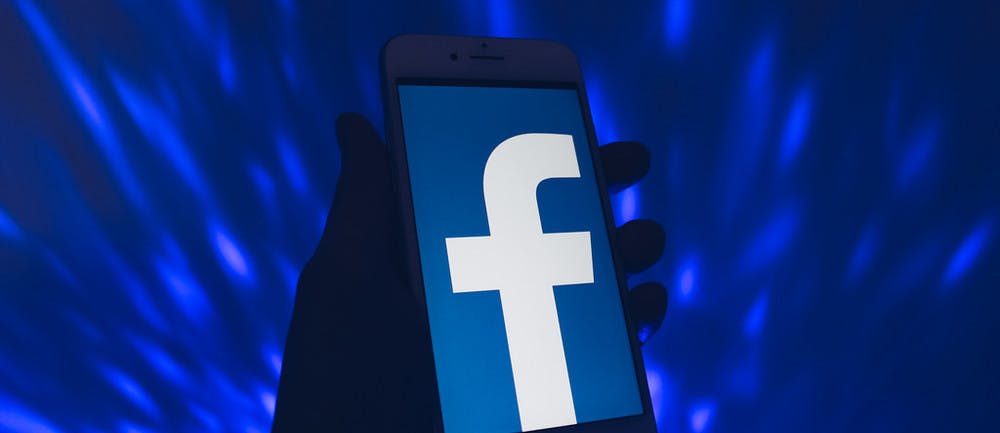Google AdWords has dominated PPC (pay-per-click) advertising since it launched in 2000, but Facebook Ads has rapidly grown into Google’s biggest competition on the PPC market. Why is Facebook Ads such a strong rival for Google AdWords — and who’s winning?
Google AdWords is one of the biggest online advertising platforms, reaching a potential audience of 90% of all internet users. With over 2.6 billion search queries per month and 1.2 trillion searches in a year, Google offers astounding access to a global advertising market. In 2017, its competitors in the US gained only 20% of PPC search revenue, combined.
And yet, Facebook is becoming a growing presence in the PPC market. The social media giant now has over 2 billion MAUs (monthly active users), nearly a third of world’s population, reporting a 47% growth in advertising revenue in the first half of 2017, to $17.4 billion.
Both Google and Facebook offer ultra targeted advertising and unrivalled reach within their markets. Both also give advertisers the capacity to manage their advertising budget with ease. However, there are several key differences.
Where Google AdWords only allows you to create text-based ads 3 or 4 lines long, Facebook Ads allows you to grab users’ attention with videos and images.
Google ads are more likely to work for recognised brand names, who enjoy an inherent advantage over newcomers in a short link-based ad. On the other hand, innovative brands can do well on Facebook by creating attractive material matching the style of content that users already see on their feeds.
Google AdWords has a higher click-through rate, and its conversion rate is 2.35% versus 1-2% for Facebook Ads. However, because AdWords have a higher average CPC (cost per click), Facebook Ads has a cheaper CPM (cost per thousand impressions), and may have the advantage when it comes to ROI.
The biggest difference might be the type of data used to target users on Google and Facebook. While Google uses characteristics like gender and location, Facebook Ads leverages a vast quantity of detailed data about users’ beliefs, politics, and life events ranging from new jobs and new babies to break-ups and personal crises.
Through Facebook, advertisers can use “lookalike audiences” to match their customer information with the profiles of currently active users, targeting them at an early stage in the buying process — typically before consumers become aware of their desire for the product.
Google dominates the market when it comes to targeting searches and keywords — what a user is thinking at any given moment — using RankBrain, its sophisticated artificial intelligence system, to produce highly relevant results. AdWords is still the heavyweight champion when it comes to demand capture. However, Facebook Ads has grown into a powerful for increasing brand awareness and demand generation, and its consumer targeting, with its unprecedented granularity, may be redefining PPC advertising.





